While suicide is not a common event among women with postpartum depression, suicide is one of the leading causes of death in postpartum women. Thus, being able to reliably identify risk factors for suicide is critical. A recent study has examined the association between suicidal ideation (SI) and potential risk factors (e.g. childhood abuse, abuse as an adult, sleep disturbance, and anxiety symptoms) in depressed postpartum women.
The researchers analyzed data from a group of 628 depressed mothers at 4-6 weeks postpartum. The diagnosis was confirmed with the Structured Clinical Interview for DSM-IV. Suicidal ideation was identified using the Edinburgh Postnatal Depression Scale-EPDS item 10; depression levels on the Structured Interview Guide for the Hamilton Depression Rating Scale, Atypical Depression Symptoms (SIGH-ADS); plus sleep disturbance and anxiety levels with subscales from the EPDS and SIGH-ADS items on sleep and anxiety symptoms.
In this group of depressed mothers, 496 (79%) ‘never’ had thoughts of self-harm; 98 (15.6%) ‘hardly ever’; and 34 (5.4%) ‘sometimes’ or ‘quite often’. Having frequent thoughts of self-harm was related to childhood physical abuse (odds ratio-OR = 1.68). In mothers without a history of childhood physical abuse, having frequent self-harm thoughts was related to sleep disturbance (OR = 1.15, 95% CI = 1.02, 1.29) and anxiety symptoms (OR = 1.11, 95% CI = 1.01, 1.23).
While this data is interesting, it is unclear how to best use this information clinically. Only a small number of women who report suicidal thoughts will go on to make a suicide attempt. Therefore, we cannot assume that these risk factors identify the women at greatest risk for attempting suicide. At this point, we recommend monitoring all women who report suicidal ideation and providing interventions targeted to perinatal depression.
Ruta Nonacs, MD PhD
Sit D, Luther J, Buysse D, Dills JL, Eng H, Okun M, Wisniewski S, Wisner KL. Suicidal ideation in depressed postpartum women: Associations with childhood trauma, sleep disturbance and anxiety. J Psychiatr Res. 2015 Jul-Aug;66-67:95-104.

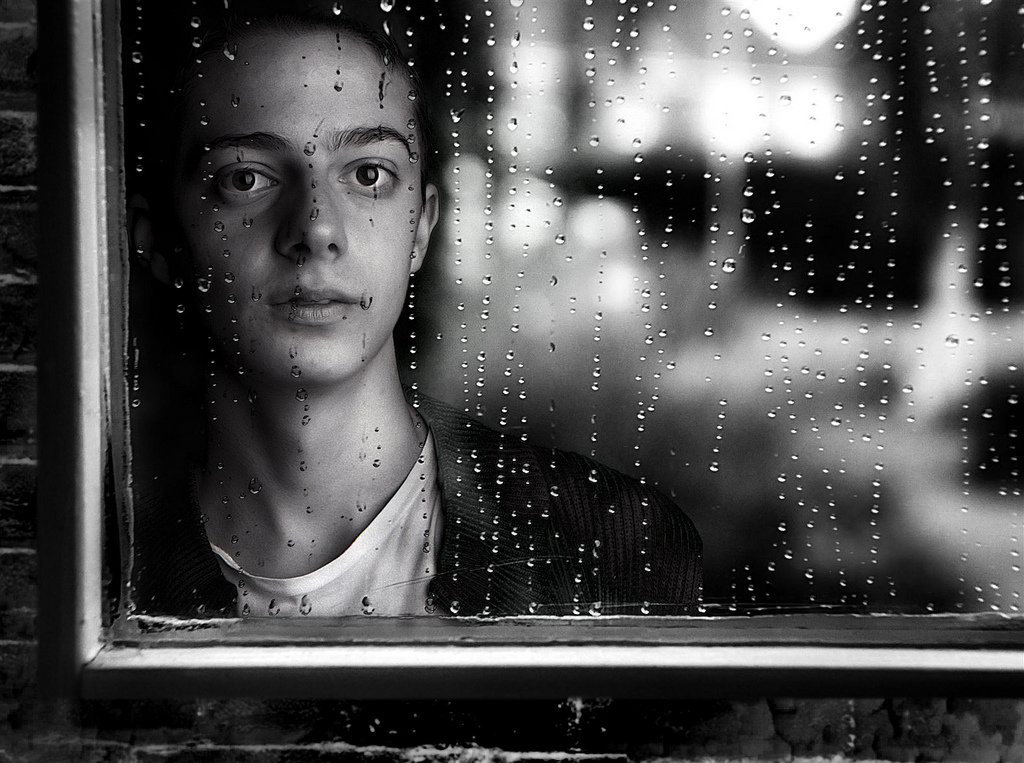
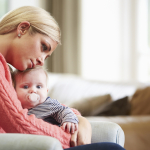
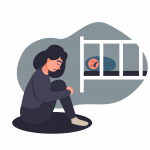
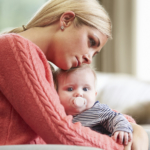
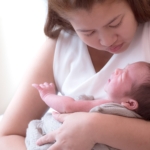
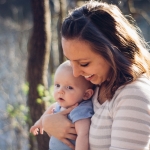

Leave A Comment